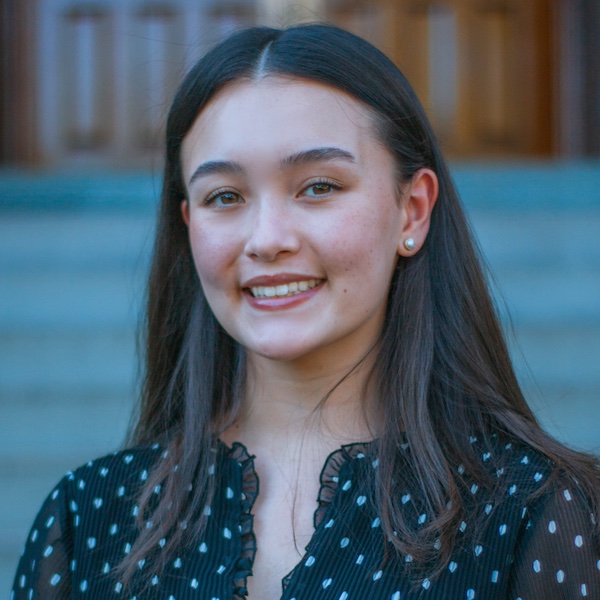I often wonder if the grief’s aftershocks—the agonizing moments of loss that have punctuated the years after my mom died—are more painful, as a whole, than the precise moment of her death.
In 2011, when she passed from stage IV colon cancer, I could barely comprehend how my beautiful, healthy mother had gotten so sick. My 8-year-old brain, therefore, couldn’t begin to envision the toll her death would have on my family. I never expected that every milestone in my life, happy or sad, would force me to re-experience the trauma of her death as I imagined how different my life would have been without the instability created by her death.
The loss of my mother (and the massive cost of cancer treatments, despite my mom’s health insurance) forced my dad to work longer hours, leaving me and my brother little time to spend with our only parent. I took on new responsibilities to ease my father’s load, looking after my little brother and taking care of our house. However, my dad’s small business struggled financially, forcing him to spend our savings and shut down the family company. He sold my childhood home, filled with memories of my mom, and moved to a small, cheap rental unit in Florida. I realized that if disaster struck my family or my father’s health failed, we had no financial safety net, largely due to my mother’s lack of life insurance. The stress of feeling like I could lose everything at a moment’s notice took a harsh toll on my mental health, and the added expense of therapy prevented me from treating my depression and anxiety.
This financial and emotional uncertainty suddenly intensified when I was accepted to my dream college, Georgetown University. I was thrilled: my mom, a Chinese immigrant, had always wanted me to attend a school like Georgetown. My spirits fell, however, as I realized that even with financial aid, it would be an immense struggle for my family to afford tuition. I’m now a sophomore, and paying for college has been more painful than I expected. I’ve been unable to register for courses on-time because my tuition payments have been late for multiple semesters, jeopardizing my ability to complete the required classes for my major.
I’m majoring in biology because I want to work in biomedical research, with the ultimate goal of improving cancer therapies for people like my mother. Thus, it’s upsetting that the very motivation for my desire to help cancer patients—my mom’s death—may also be the obstacle that stops me from achieving my dream. I worry that with my college fund empty and my little brother entering college next year, this vocation is beyond my reach. This semester, I’ve found it incredibly challenging to balance my rigorous biology coursework with an off-campus job. I can only imagine that if my mom had life insurance, I’d be much closer to my goal of using my biology degree to protect other families from cancer’s short-term and long-term hardships.

